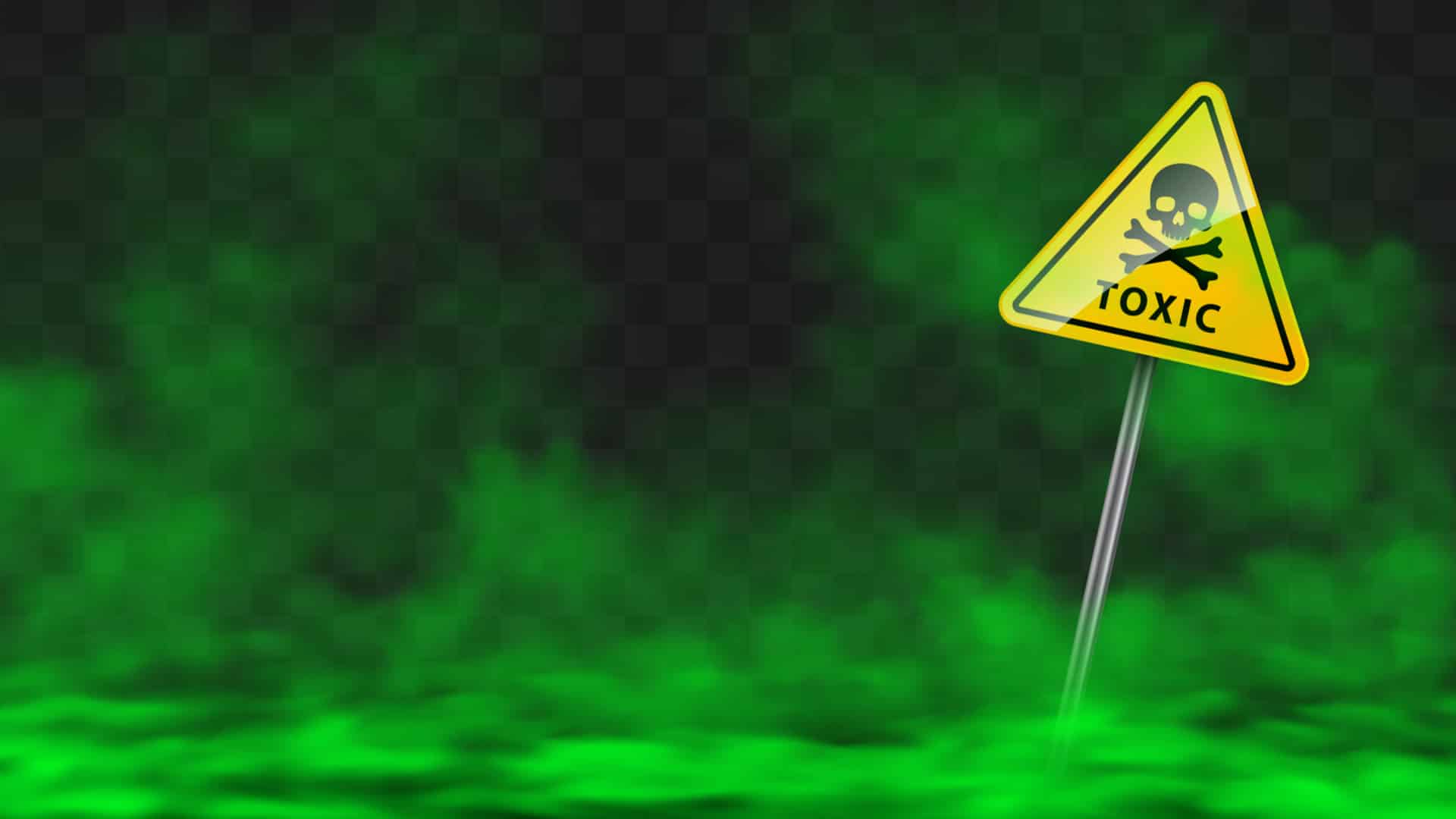
The week in life sciences in the Pacific Northwest ended with an announcement years in the making: The UW and Fred Hutch tightened their relationship to more closely integrate cancer care and research.
With a larger umbrella, Fred Hutchinson Cancer Research Center has a new name: Fred Hutchinson Cancer Center. The agreement also involves a re-structured relationship with Seattle Children’s.
The new arrangement will better connect the lab and the clinic, tighten collaborative relationships and, speed clinical trials—which will benefit patients, but also has the potential to foster new spinouts in Seattle.
And there’s a new Fred Hutch spinout in town, Affini-T Therapeutics, which recently raised $175 million. In an interview, Fred Hutch researcher Phil Greenberg shared his thoughts with GeekWire about working effectively with his new industry partner.
More headlines below, including health tech news about a Seattle startup’s new partnership with Yelp.
— Biotech vet Phil Greenberg on his new cancer-fighting startup and immunotherapy’s next phase
— Yelp expands health ratings for restaurants, with help from Seattle startup
— Silverback Therapeutics shuts down oncology program, plans to lay off 27% of workforce
— Funding News: Enzyme design startup lands $33M; addiction recovery company raises $3M
— Latest drama at Athira: Investor calls for CEO replacement and wants two board seats

Here’s other life sciences news from across the Pacific Northwest and beyond:
- More than 20 years after the first headlines lauding the completion of the human genome, it is finally done. The “dark” portions of the sequence, its more obscure parts — centromeres, telomeres, names familiar to the faithful — are complete. Its fleet of repetitive DNA is done. Geneticist Evan Eichler and other UW researchers helped lead the effort. Seattle’s Institute for Systems Biology also contributed.
- Amazon Web Services launched a collaboration with Raleigh-Durham, N.C.-based Thread Research to decentralize clinical trials and make them more efficient.
- Impel Neuropharma’s commercial launch of its newly-approved migraine treatment was “effective,” the company said in its latest earnings report. The company also recently pulled in $100 million in new funding to move the product forward.
- Bothell, Wash.-based Seagen is growing. The company posted a 38% increase in product sales over last year, reaching $1.4 billion.
- AGC Biologics, also Bothell-based, is making material for a vaccine against peanut allergy. The drug manufacturer will make the product at its Heidelberg facility with its biotech partner.
- Fred Hutch researchers Jesse Bloom and Tyler Starr discussed how the COVID-19 virus is likely to evolve in the future, in a commentary in the New York Times with their colleagues.
- Vancouver, Wash.-based Cytodyn is in trouble with the FDA (it’s happened before). The agency has put clinical holds on two of its clinical trials, for HIV and COVID-19.
- Village Reach was part of a recent tranche of gifts by billionaire Seattle philanthropist MacKenzie Scott. The Seattle nonprofit received $20 million to advance its work delivering COVID-19 vaccines and other health services to under-reached communities.
- Long time Seattle biotech journalist and adventurer Luke Timmerman left on his latest quest: Trekking to Everest base camp with a host of life science leaders to raise money for Fred Hutch.

